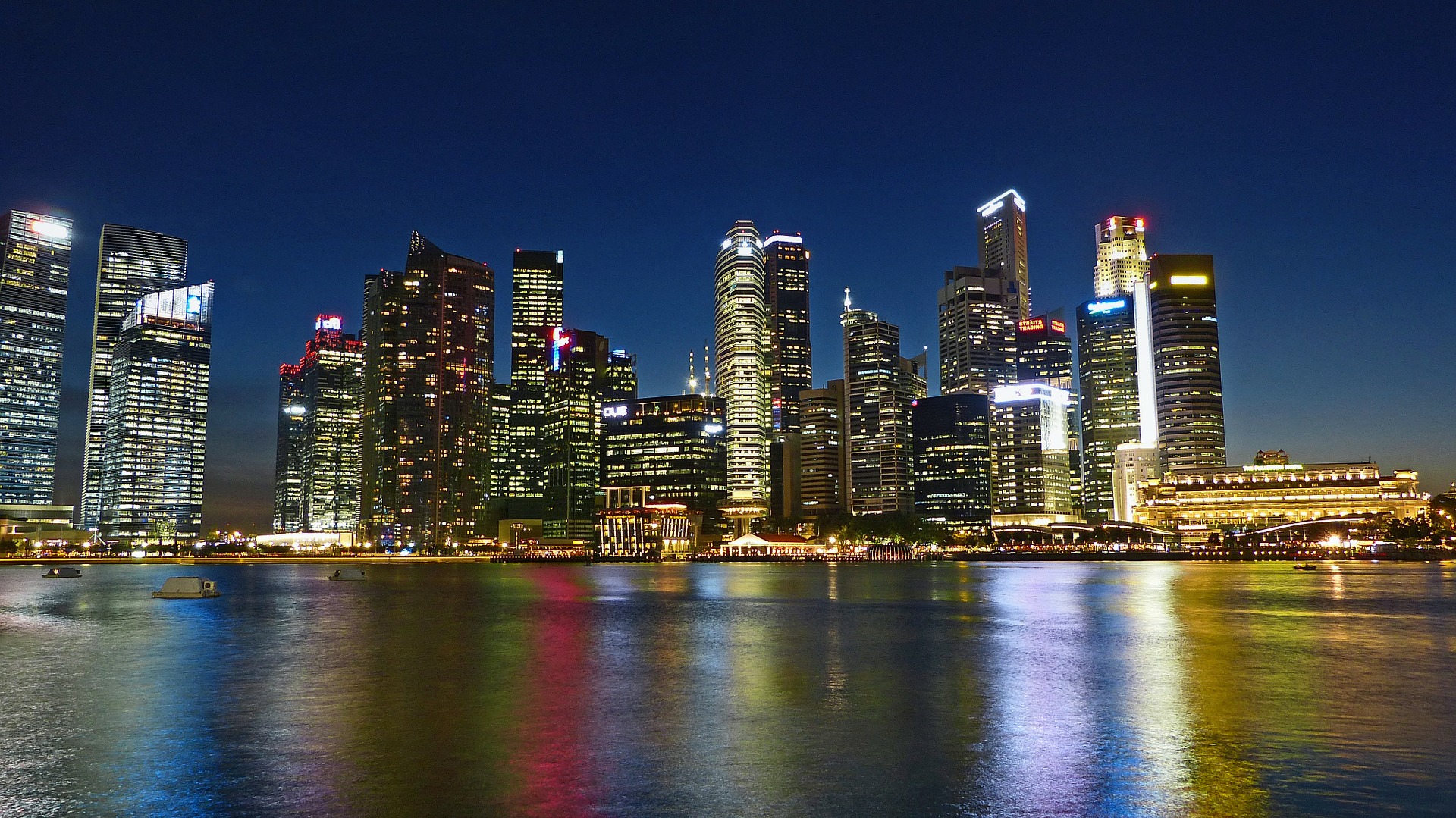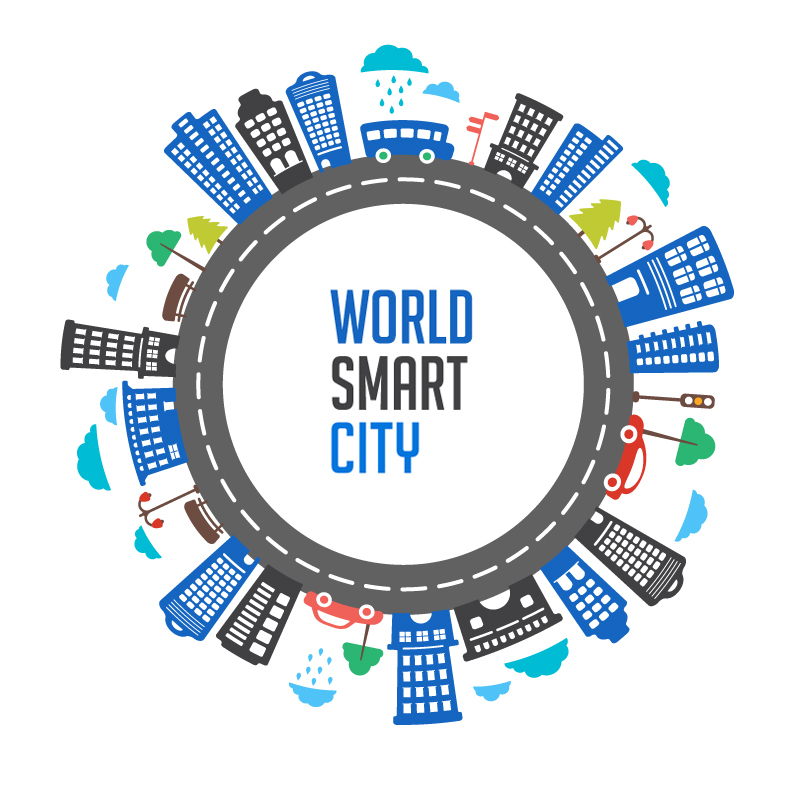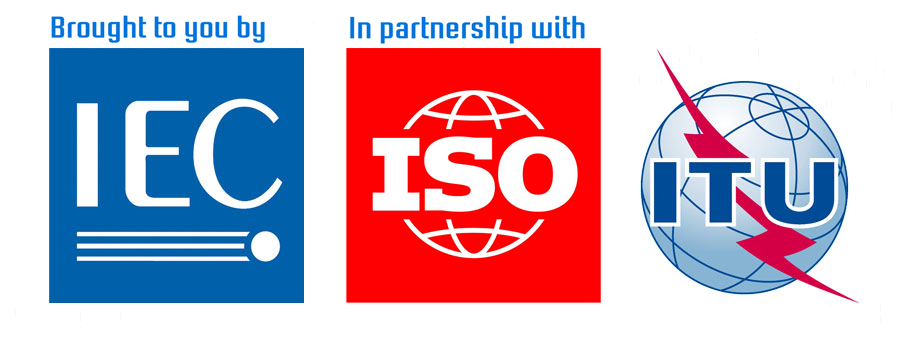Bill Peduto talks Pittsburgh renewal, smart cities, and Twitter
Bill Peduto, Mayor of Pittsburgh spoke to Mythili Sampathkumar during Smart Cities Week in Washington, DC to discuss his city’s renaissance through technology, mayoral politics, and Twitter
You’ve talked a lot this week about the continuing renewal of Pittsburgh, once the polluted steel manufacturer that built America to now a hub for innovation and robotics. How do you navigate that change as mayor?
Living through Pittsburgh’s downs, watching a city die and then starting to come back that if we nurture this new economy we’ll once again be on a global stage.
There are ways we can do that–and I often say it–by being a city that’s open for business and not up for sale. We want to be able to harness what has come out of research and development [at universities like Carnegie Mellon] and combine it with our history of making things. We have these tech firms that are coming from around the world [to Pittsburgh] to do research and development and are bringing back manufacturing with them.
Do you see steel mills making a resurgence in some ‘greener’ capacity?
It’s not about re-opening the steel mills. That’s something that politicians talked about from the 1980s to the mid-90s. It is about how advanced manufacturing can go hand in hand with research and development, especially when you’re talking about robotics. Unlike Silicon Valley, we have the ability to do both.
What about those steelworkers? Are you re-training them?
In everything from traditional energy jobs to installation of solar panels. Working in areas of low-income and low-opportunity to get people into the pipeline of energy sector jobs. We’re recruiting from within. We see a potential ‘pinch point’ happening by 2018 with not having enough people to fill the jobs that we’re going to be having. That’s the first time we can say that since the 1970s.
Pittsburgh was in the second round of the Rockefeller Foundation’s 100 Resilient Cities. How do you marry resiliency with smart technology?
We’ve been working with Rand Corporation that’s also located in Pittsburgh to be able to look at [resiliency and being a smart city] through the lens of what we call ‘P4.’ People, Planet, Performance, and Place and how each of those are affected by the shocks and stresses that are inevitable in the city’s future.
So, we never planned for economic collapse and it took us longer than it should have to be able to dig out because of that. Our city has been flooded, it’s been burned to the ground, but we were never creating scenarios where we could be able to make the likelihood less or make the recovery not as impactful. So, our resiliency plan will integrate smart city initiatives.
One example is that all throughout the city we have projects looking to break out of the [electricity] grid system so that in case the grid goes down–and reliance throughout northwestern Pennsylvania relies on coal and nuclear–we can have other options within the city.
Do you ever run into politics when trying to implement smart city technology or resiliency programmes?
The elected officials that I’ve always come away with being most impressed with were mayors. That’s both [political] parties. You don’t hear mayors attacking each other on political issues or party issues.
In this US presidential election year, have you seen partisanship affect city governance?
You look at the head of the US Conference of Mayors, Mick Cornett out of Oklahoma City. He’s a Republican and he fought for a tax increase to be able to build a transit system for Oklahoma City that he knew would have a direct economic benefit. It wasn’t a Democrat or Republican issue, it was ‘how do we help the people of Oklahoma City to be able to get the jobs we’re creating?’
It’s really a different world. I’ve met really brilliant Republican mayors who tackle the same issues I do and do it under a lot of the same conditions–Betsy Hodges of Minneapolis or Bill De Blasio of New York. At the end of the day, we have to have a balanced budget and someone has to pick up the garbage on Monday…there have to be police officers on the street that night.
I think mayors speak more from the heart. They’re given more of a breath from the public to do so.
In that spirit, have you worked with other mayors on smart cities issues?
Mayor Adler [of Austin, Texas] and I follow each other on Twitter and steal each other’s ideas!
That’s part of what all mayors do, learn and then copy. There are a lot of mayors that get it and those people talk, and their staff talk. So, the network is very small, but very global. It’s not just sitting around and waiting for a vendor to knock on your door. It’s working within your own staff to do it. There’s a network of smart cities advocates and we get to know each other.
So Pittsburgh really has citizen and council ‘buy-in’ for implementing smart technology, especially that coming out of the local universities?
I think in the next five years we’ll see a lot of cities–and in Pittsburgh we’ve already seen it with building energy reduction–a lot of significant change. That’s only because we’re going after the lowest hanging fruit. Once it starts getting into things that will affect day-to-day living of individuals, then that’s where you’ll start to see the pushback occur. But, I’m rather confident that Pittsburgh has committed itself to becoming a leader in ‘green’, simply because of how far we had gone in the past century in the opposite direction. If we’re ever going to shake this image of the ‘smoky city’, the only way we do that is by leading not only this country but the world in sustainable emissions.


